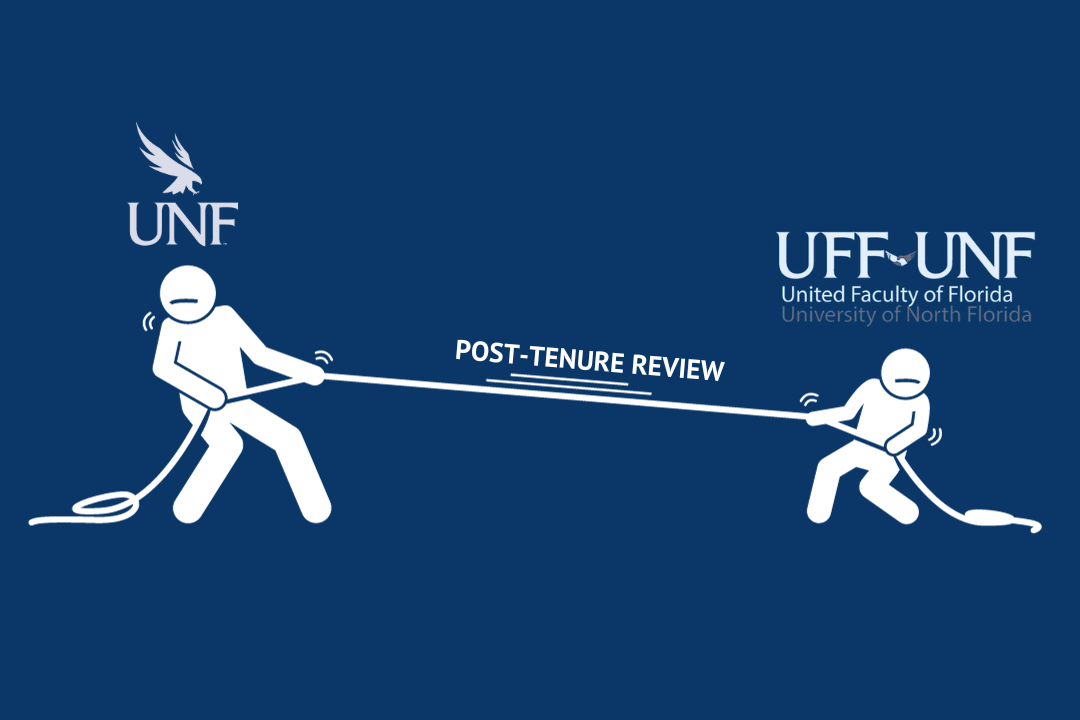The college we go to probably isn’t what we expected. Honestly, it doesn’t even compare to the glamorized impression we had of a university as teenagers. Movies like Animal House, Dorm Daze, Sydney White, Accepted and Neighbors work together to give college students a collective view of what college is going to be like: partying every night, sleeping all day and having the time of your life because of it.
College isn’t like that. It’s shockingly less fun and happy endings are rare. There’s less of an “us vs. them” mentality when it comes to Greek life. Parties aren’t every night and actual studying happens all too often. There’s less time to plot taking down the mean girls because we spend so much time working part-time jobs when we aren’t in class.
Despite the picturesque, time-of-your-life depictions we see on TV, college students are struggling. The average student loan debt in 2013 was $28,400 per borrower, according to the Project on Student Debt. The average debt for UNF graduates was $17,617.
According to the Bureau of Labor Statistics, 49.3% of college students participated in the labor force in Oct. 2013, meaning that about half of all students were working while taking classes. When we asked some UNF students, all of them said they are working or have worked at some point during their time here.
The National College Health Assessment said 33.2% of college students felt so depressed, it was difficult to function 12 months prior to taking the survey last spring. That’s one third of college students suffering so much they can’t go about their daily activities.
Natalie Indelicato, Ph.D., LMHC, visiting assistant professor in the Clinical Mental Health Counseling Program at UNF, told Spinnaker that people think college students should be having the time of their life.

“There’s so much pressure to have fun and be happy,” she said. “People have the assumption that in youth, life is stress-free.”
That impression is developed, in part, by the media we are inundated with. We saw the same thing happen in high school too; movies are constantly flooding the market of 25-year-olds playing mean girls or teenagers having legendary parties, like Mean Girls or Project X. They’re fun to watch, sure, but we know from going through those four years that those movies weren’t depicting reality — and yet we still seem surprised that the films we watch with the rose-hued tints of nostalgia are leading us astray.
“Actually believe it or not, I thought college was going to be really mean, and everyone’s going to be like cliquey all the time,” Patrick Andrew Baker, coastal environmental science sophomore, said. He said that orientation, which was full of friendly faces, “blew my expectations out of the water.”
Aidan D’Mello, transportation and logistics freshman from Canada, said he expected a stereotypical American college with lots of parties.
“Americans are a lot nicer than people say they are, for sure,” D’Mello said.
Especially at UNF, where the more traditional college experience seems to be elusive, we have made our own traditions that may not line up with the bigger colleges around. But even those bigger schools are misrepresented, although the fact that collegiate reality falsely reflected in the media isn’t necessarily a bad thing.
I like the school I go to. Despite any false expectations I may have developed from the media, I am glad I go to a school where it’s not Greeks vs. everyone else. People are actually nice to each other and the focus is on education.
Despite my own satisfaction, the distortion of reality in movies about college has real consequences, like the mental health of students who aren’t prepared for what they will face.
I recognize the entertainment value of guerrilla warfare between a frat house and the geeks, but I think a movie about students actually doing things that students do would be just as good. The college illusion isn’t necessary to sell movies to high schoolers and the allure of the reality of college is enticing enough on its own.
—
For more information or news tips, contact Cassidy Alexander at reporter8@unfspinnaker.com; if you see an error in this story or have any compliments or concerns, contact enterprise@unfspinnaker.com.











